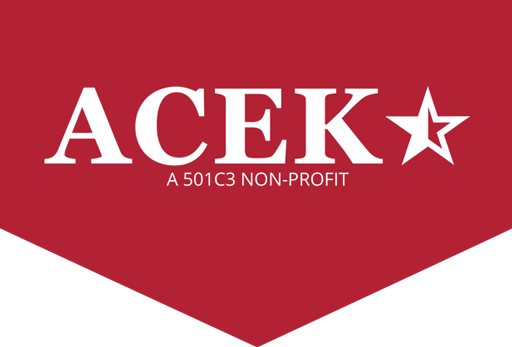Edward R. Murrow, the father of modern American journalism, once famously said, “To be persuasive, we must be believable. To be believable, we must be credible. To be credible, we must be truthful.”
As the country moves into the “learning to live with COVID-19” stage of recovery and beyond, information, both accuracy and credibility – where we get it from and how to know who or what to believe – will be one of our greatest challenges. How do we know if what we are being told is truthful and transparent, or if we are being given partial facts and hidden agendas?
Our political system, which is the basis of our union, requires a basic agreement on the free flow and honest transmission of accurate and unbiased information. Without that, it will be difficult, if not impossible, for the country to make the tough decisions necessary to move forward, restart the economy, and continue to grow as one nation.
Today, the information we get is not really the reporting of the news so much as it is the opinions of the journalist about the news they are reporting. When it comes to straight news, Americans do not need nor want opinions. We need the facts.




